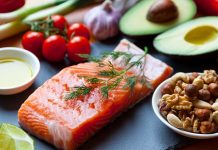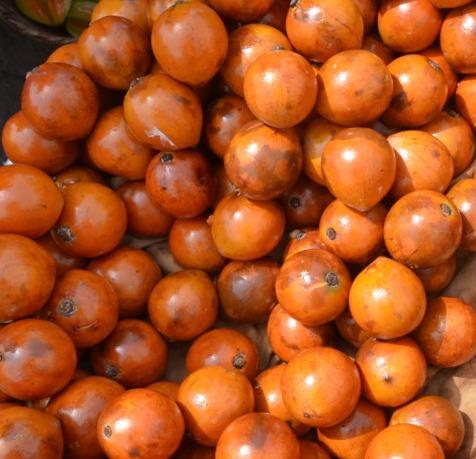 Chinma Ejimofor
Chinma EjimoforThe process of oxidation in the human body damages cell membranes and other structures, including cellular proteins, lipids and DNA. When oxygen is metabolised, it creates unstable molecules called “free radicals”, which steal electrons from other molecules, causing damage to DNA and other cells.
The body can cope with some free radicals and needs them to function effectively. However, the damage caused by an overload of free radicals over time (oxidative stress), may become irreversible and lead to certain diseases (including heart and liver disease) and some cancers (such as oral, oesophageal, stomach and bowel cancers).
Oxidation can be accelerated by stress, cigarette smoking, alcohol, sunlight, pollution and other factors.
Antioxidants and free radicals
Antioxidants are found in certain foods and may prevent or slow down some of the damage caused by free radicals by neutralising them. These include the nutrient antioxidants, vitamins A, C and E, and the minerals copper, zinc and selenium.
Other dietary food compounds, such as the phytochemicals in plants, are believed to have greater antioxidant effects than vitamins or minerals. These are called the non-nutrient antioxidants and include phytochemicals (such as lycopenes in tomatoes and anthocyanins found in cranberries). These plant-based antioxidants are a kind of phytonutrient and called exogenous source.
Antioxidants are called “free radical scavengers”. They mop up or fight free radicals in the body. Free radicals are also called reactive oxygen species (ROS). Antioxidants can be sourced naturally in brightly coloured fruits like pomegranates, pineapple etc. or through nutritional supplements. The body also produces some antioxidants, such as glutathione, lipoic acid, bilirubin, ferritin, superoxide dismutase, catalase, glutathione peroxidase, among others. These are called endogenous antioxidants.
Factors that increase the production of free radicals in the body can be internal, such as Inflammation; or external, for example, pollution, UV rays exposure, cigarette smoke, car and industrial fumes. Other factors which predispose us to oxidative stress include:
High fat diets
Excessive red meat
High levels of stress (busy executives)
Chemicals and preservatives in food
Processed and fast foods
Alcohol
Dairy products
Artificially ripened fruits
White flour and pastry products
Water pollution
Toxic wastes
Refined Sugar
Some conditions caused by free radicals include:
Deterioration of the eye lens, which contributes to vision loss.
Inflammation of the joints (arthritis).
Damage to nerve cells in the brain, which contributes to conditions such as Parkinson’s or Alzheimer’s disease.
Acceleration of the ageing process.
Increased risk of coronary heart disease, since free radicals encourage low-density lipoprotein (LDL) cholesterol to stick to artery walls.
Certain cancers triggered by damaged cell DNA.
The benefits of taking antioxidants, especially through organic nutritional supplements include the following:
Proper nutrition at cellular level.
The WHO recommends five daily servings of fruits and vegetables. Most people today cannot do this).
Supports kidney function
Maintains good dental health
Improves reproductive function
Improves nervous system functioning
Have anti-aging effects
Supports the immune system and improves defence power of the body
Protects the liver
Reduces obesity
Maintains healthy vision
Offers protection against digestive disorders
Improves quality of sleep
Supports the respiratory system.
Excellent nutritional supplements that can be recommended include the following products, all from the stable of the Aloe Vera Company. These are Aloe Vera Gel, Berry Nectar, Bits n Peaches, Pomesteen Power, Aloe Blossom Tea, SuperGreens, Daily, Ginchia, iVision, Vitolize Men and Women, Garlic Thyme, Immublend, Lycium Plus, Infinite Complex, Absorbent C and Argi Plus, just to mention a few.
References:
Health Lecture by Adebayo Ijaoba
About the Author
Mrs Chima Ejimofor is the Lead Partner of Infinite Health Consult, and is available for the purchase of these Nutritional Supplements, Health Talks and Wellness Seminars. She is based in Lagos, Nigeria. Telephone/WhatsApp: 07033179632, email: infinitehealthconsult@gmail.com










